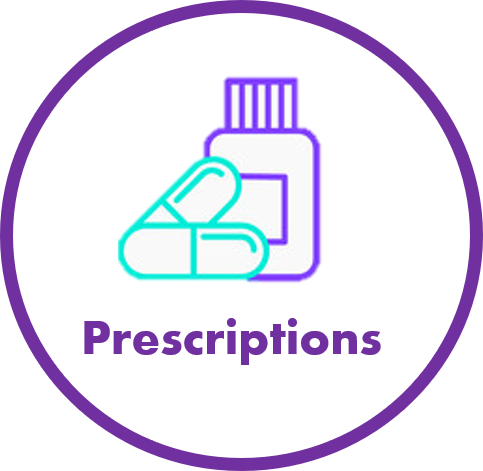
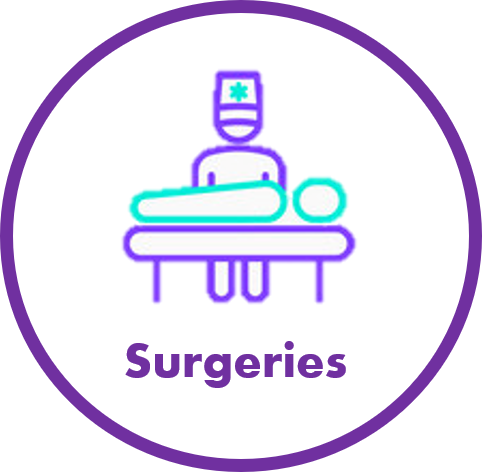
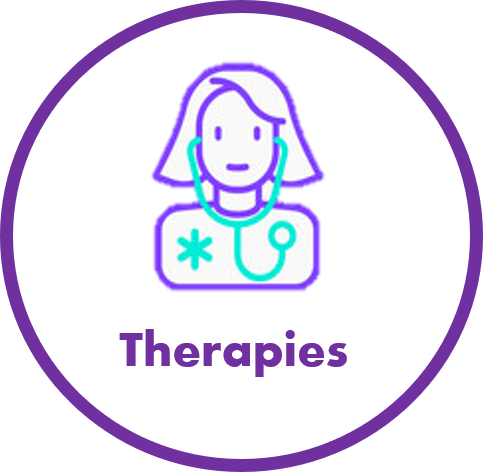
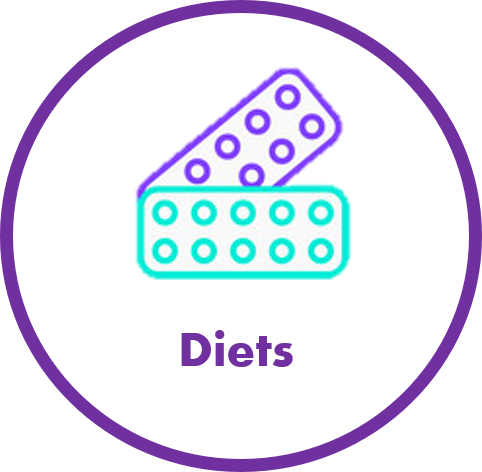
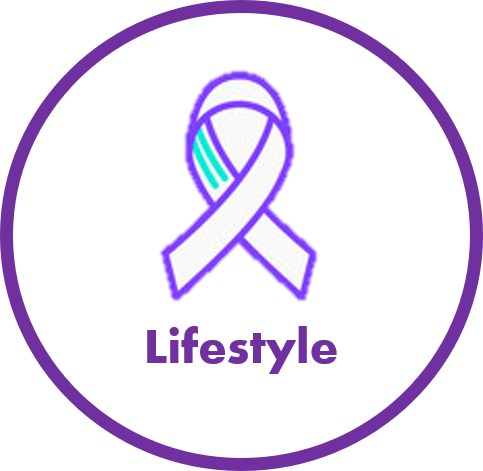
Epilepsy is usually treated with prescription drugs to control seizures, but it may also involve surgery, nerve stimulation devices, or special diets, depending on your situation and how well your seizures are controlled with medication. Multiple new epilepsy treatments are on the horizon, as well. Regardless of the treatment course you follow, the end goals are the same: to allow you to live your fullest life, prevent seizures, and minimize the effects of managing your disorder. Finding the right path for you can take some time.
 |
 |
 |
 |
 |
Once you're diagnosed with epilepsy, your doctor's first act will likely be prescribing anti-seizure medication (antiepileptic drugs) to control your seizures. Most people's seizures can be controlled with just one medication, but some people may need more. The kind and dosage your doctor prescribes for you will depend on many factors, such as your age, the type and frequency of your seizures, and other medications you're taking. It can take some trial and error to find the best drug and dosage with the fewest side effects for you.
Drugs commonly used to treat epilepsy include:
In about 30 percent of people with epilepsy, two or more medications, together or separately, fail to control seizures.15 That's known as drug-resistant or refractory epilepsy. If you're in this subgroup, your doctor may bring up surgery. Surgery is recommended when you have a brain lesion, tumor, or mass that's causing your seizures, as well as when you have focal seizures (only occurring in one part of your brain) that aren't controlled with medications.
Four types of surgery are used to treat epilepsy:
If surgery isn't an option for you or you simply want to try other alternatives first, you have some other treatments to consider. These specialist-driven therapies are all adjunctive treatments, meaning that they are additions to drug therapies—not replacements for them.
Dietary changes may help in the management of your condition but should never be considered a sole treatment option. These should only be considered with your doctor's input and monitoring, as well as the help of a dietitian.
Adopting healthy habits may help control your epilepsy, as well.